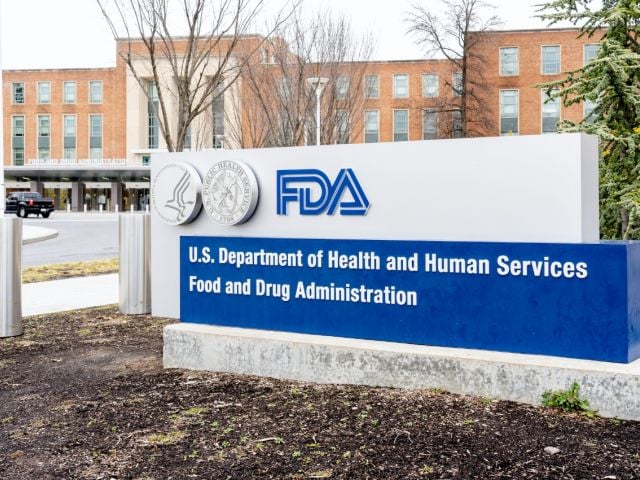SACRAMENTO – On the same day Gov. Schwarzenegger touted himself as the leader of a comprehensive chemical reform program, he vetoed a bill that would have made California the first state to ban toxic chemicals known as PFCs – a family of compounds including Teflon – from food packaging.
On Monday, Schwarzenegger vetoed Senate Bill 1313, by Sen. Ellen Corbett, which was sponsored by Environmental Working Group (EWG). It would have banned, starting in 2010, the perfluorinated chemicals PFOS and PFOA from fast-food sandwich wrappers, french-fry bags, pizza boxes and other food packaging.
Studies show these chemicals can migrate into food directly from the packaging, especially when heated. PFOS and PFOA have been found in more than 98 percent of Americans’ blood, and an EWG study detected the chemicals in the umbilical cord blood of 10 of 10 newborn babies.
PFOA and PFOS never break down, persisting in the environment indefinitely. PFOA is considered by the U.S. Environmental Protection Agency’s Science Advisory Board to be a likely carcinogen and a chemical that induces breast tumors in animals. In addition, PFOA and PFOS have been linked to problem pregnancies and developmental complications.
"It's a real betrayal that a so-called green governor would side with the chemical industry on such a clear-cut question of public health," said Renee Sharp, senior scientist in EWG's Oakland office. "Gov. Schwarzenegger's plan for chemical reform means more years of study and more years of delay by the industry. But PFCs are a threat to Californians' health today."
The U.S. chemical industry, led by DuPont, the chief American manufacturer of PFCs, waged an all-out war against the bill, paying more than a dozen Sacramento lobbyists almost half a million dollars in the first two quarters of this year to fight SB 1313 and another EWG-sponsored bill, SB 1713 by Sen. Carole Migden, which would have banned the hormone-disrupting chemical bisphenol A from baby bottles. The BPA bill passed the state Senate but was narrowly voted down in the Assembly on the session's last day.
One of the industry's favorite lobbying tactics was insisting that legislators weren't qualified to vote on whether chemicals should be banned – even in the case of PFCs, for which there is abundant evidence of health effects in both consumers and chemical factory workers. Schwarzenegger embraced that argument in the Green Chemistry Initiative, which sets up a lengthy bureaucratic process by which state scientists can recommend chemicals for a ban or restriction, and safer chemicals to replace them. On Monday the governor signed two bills, AB 1879 by Assemblymember Mike Feuer, and SB 509 by Senator Joe Simitian, that direct the Department of Toxic Substances Control (DTSC) to come up with regulations for reviewing chemicals. He said the Green Chemistry program "puts an end to the less effective ‘chemical-by-chemical' bans of the past. "
EWG agrees with the need for comprehensive chemical reform, but is skeptical that Feuer's and Simitian's bills – which were largely rewritten by the governor, handed back to the authors in a take-it-or-leave-it deal, and endorsed by the chemical industry – will accomplish it.
"We hope we're wrong," said EWG President Richard Wiles. "But these bills do not establish a human health safety standard or public health goal for chemicals of concern or their prospective substitutes. In fact, they are completely devoid of any tangible commitment to protect the health of the people of California. They provide a statutory shield for chemical companies who want to delay health protections and preserve the status quo while bureaucrats ponder the problem."
The legislation requires DTSC to publish a range of possible actions that it might or might not take against chemicals of concern at some unknown date in the future. In order to propose such an action, the government must conduct a mind-numbingly detailed “life cycle analysis” analysis that incorporates thirteen different environmental factors relevant to chemical production, use and disposal that effectively deflects attention from the risks these chemicals present to the health of children.
###
EWG is a nonprofit research organization based in Washington, DC that uses the power of information to protect human health and the environment



